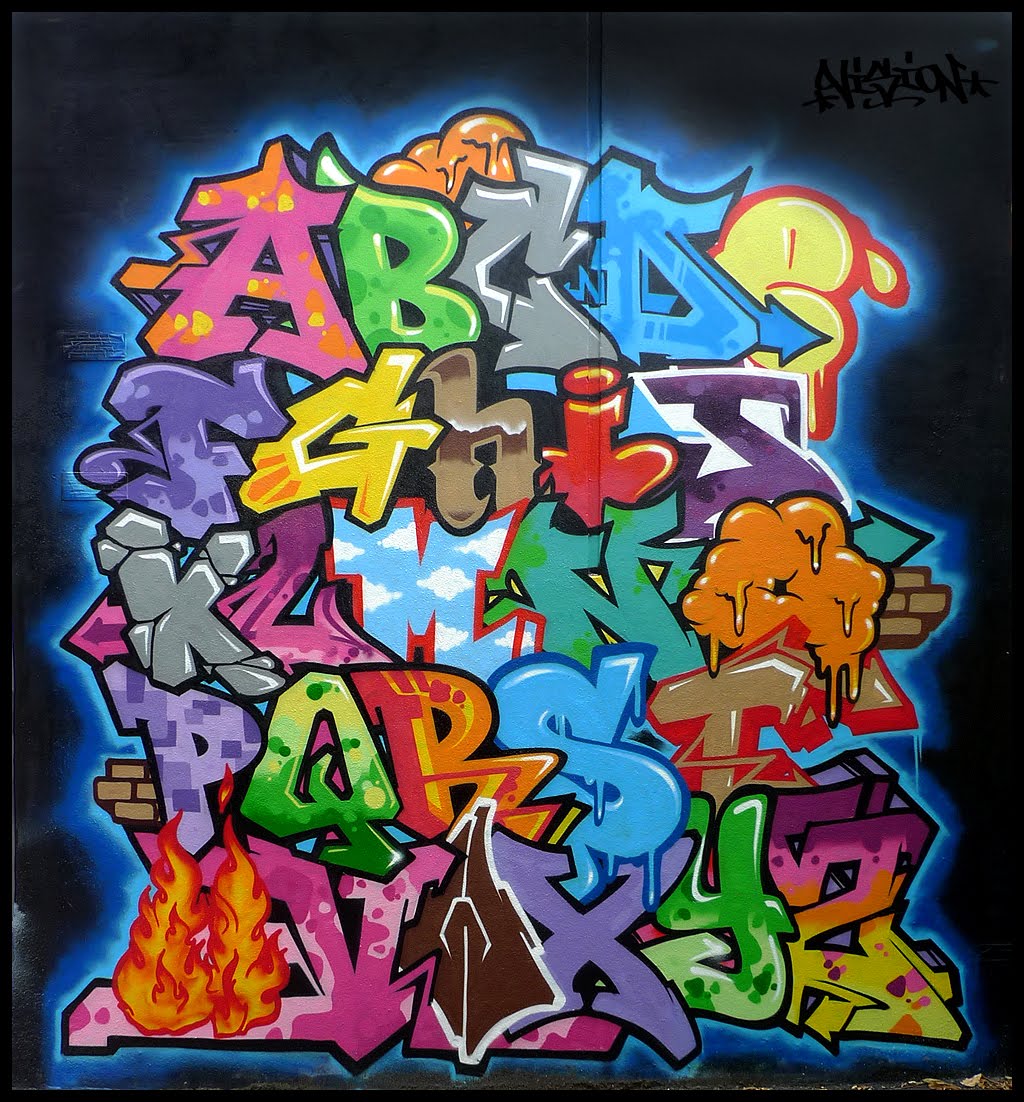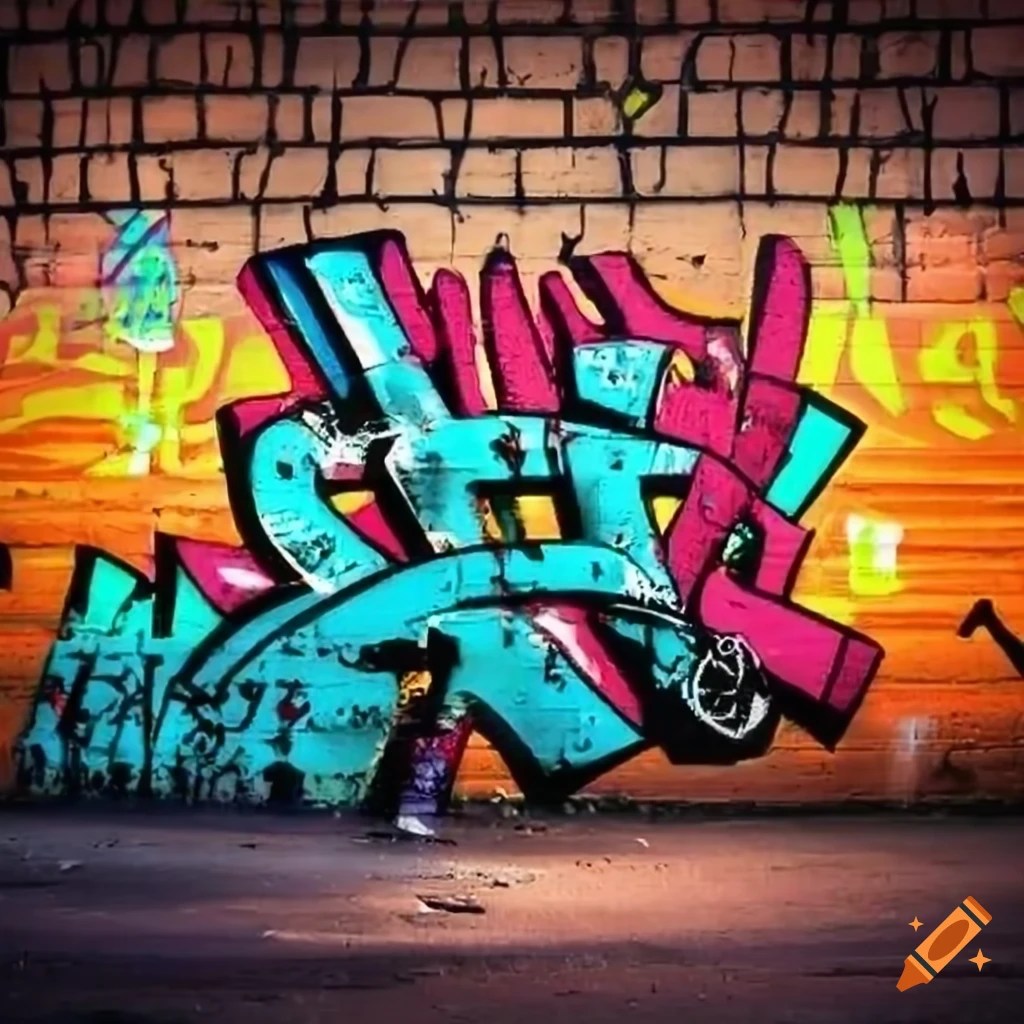The Art of Extreme Graffiti Lettering: From A to Z
The concrete canvas of the city speaks volumes, and often, it shouts in bold, colorful letters. Graffiti, once relegated to back alleys and subway tunnels, has evolved into a recognized art form, with "extreme graffiti lettering" pushing the boundaries of creativity and style. But what exactly makes a graffiti letter "extreme"? Is it the sheer size, the precarious location, or the intricate details woven into each curve and stroke?
Extreme graffiti lettering is more than just oversized tags on a wall. It's about transforming letters into works of art, pushing the limits of what's possible with spray paint and passion. Imagine letters so intricate they resemble three-dimensional sculptures, or calligraphy so bold it demands attention from across a cityscape. This is the essence of extreme graffiti lettering, a fusion of artistic talent, daring execution, and a desire to leave a lasting mark on the urban landscape.
The roots of extreme lettering in graffiti likely intertwine with the form's origins in the late 20th century. As graffiti artists sought to distinguish themselves and their crews, they experimented with letterforms, pushing the boundaries of legibility and style. What began as simple tags evolved into elaborate "pieces" (short for masterpieces), with artists developing unique styles that showcased their individuality.
The rise of "wildstyle" graffiti in the 1980s marked a significant turning point. Wildstyle, known for its interwoven letters, arrows, and connecting lines, became a proving ground for extreme lettering. Artists like Phase 2, Tracy 168, and Dondi White pioneered techniques that transformed letters into intricate, almost indecipherable, works of art. This era solidified extreme lettering as a central element within graffiti culture.
Extreme graffiti lettering, however, isn't without its controversies. The legality of graffiti, even when considered art by some, remains a subject of debate. What constitutes vandalism versus art is often subjective and varies widely based on location and context. The dangers associated with creating extreme graffiti, particularly in precarious locations, also raise concerns.
Despite the controversies, extreme graffiti lettering continues to captivate and inspire. It transforms urban environments, injecting them with color, energy, and a raw form of artistic expression. As this form of street art evolves, we can expect to see even more innovative and daring expressions of letterforms on walls, buildings, and even entire structures around the world.
Advantages and Disadvantages of Extreme Graffiti Lettering
| Advantages | Disadvantages |
|---|---|
| Transforms urban spaces into vibrant art galleries | Legal issues and potential for vandalism charges |
| Provides a platform for artistic expression and skill development | Safety concerns, especially when creating work in dangerous locations |
| Fosters community and collaboration among artists | Potential for damage to property and public spaces |
While this exploration of "extreme graffiti lettering" doesn't delve into specific techniques or tutorials due to the legal and ethical complexities involved, it aims to provide an appreciation for the artistry, history, and impact of this bold form of visual expression. Remember, the power of art lies in its ability to inspire, challenge, and ignite conversations. As you encounter graffiti in your own urban explorations, take a moment to consider the creativity and skill behind each stroke, and perhaps you'll see the world of letters in a whole new light.
Saddlebrooke az hoa2 villa floor plans your guide to resort living
Cervical cancer due to understanding the causes and taking control
Unlocking saxon math 1 your guide to the table of contents














